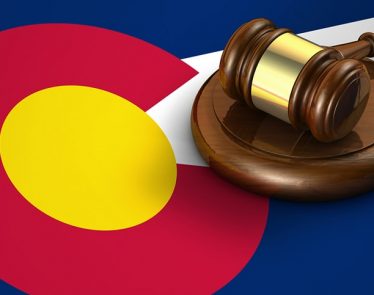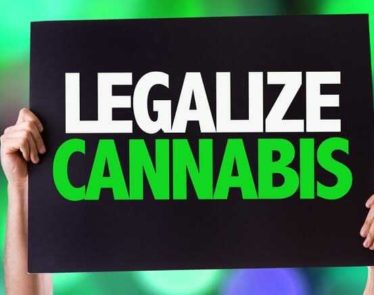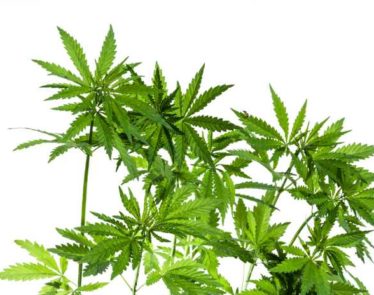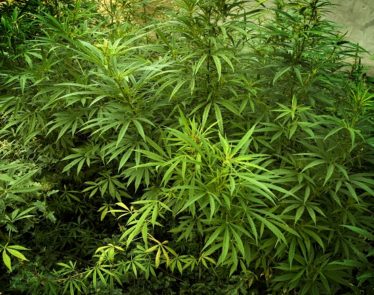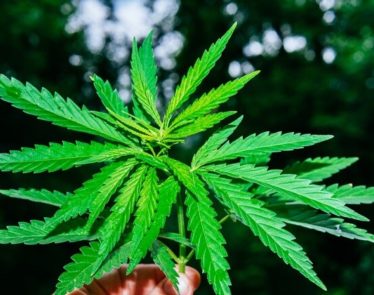
Legal Marijuana: There are 31 States in America who have now legalized marijuana for medical use, with some of those including recreational use.
But to assume that "legal" holds the same meaning across each state is to look at the situation through rose-tinted glasses. Indeed, the meaning of legality varies, with virtually every state implementing complex restrictions that can almost render legality pointless.
For those who thought you could find yourself at a dispensary, and simply buy a joint once you held a valid card, you may find yourself very disappointed.
Ambiguous Legal Marijuana
Examples include Oklahoma, Louisiana, West Virginia, and Minnesota, where medical marijuana is legal. However, it is illegal for a dispensary to sell smokeable marijuana. The only allowable way residents can smoke marijuana is to secure a medical card and then grow a plant in their own home.
Massachusetts poses a similar conundrum. Legal marijuana is available at recreational and medical levels, but the state has been slow in setting up a regulatory system and granting licenses. The result is that there is yet to be a single dispensary able to sell marijuana.
Vermont is similar. Recreational use and possession up to one ounce are allowed, but there is no recreational sales market.
And then there is Maine, where Governor Paul LePage has vetoed a law in 2017 to allow an adult-use system, despite the state residents approving a vote for it in November 2016.
Legal marijuana can be very ambiguous!
Medical Conditions Restrictions
Another worthy note is the fact that most states will only honor medical cards issued from that state. So if you are traveling outside of your resident state, your prescription may not get filled elsewhere.
Add to that, the restrictions list. Each state has a certain list of "passable" ailments; conditions where medical marijuana can be prescribed as treatment. But these lists vary greatly from state to state. For example in Wisconsin, the law is so strict it only allows epilepsy to be treated with CBD oil, but it is virtually impossible to get CBD oil as:
"Epileptic patients will only be able to obtain CBD from pharmacies or doctors when the U.S. Food and Drug Administration (FDA) allows them to do so — and that will only happen if the federal government reclassifies marijuana under the Controlled Substances Act."
>>Ohio Medical Cannabis: 185 Doctors now Marijuana Certified
In California, on the other hand, a migraine can suffice to be granted cannabis as treatment.
So there has been definite positive momentum across the US towards cannabis but it seems a little too restrictive still to really make sense. A small step is better than no step though, and there are still 19 States that have yet to make that first leap.
Featured Image: Freepik





